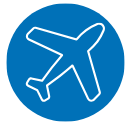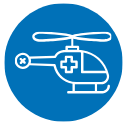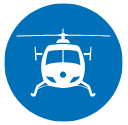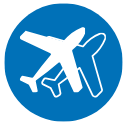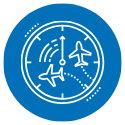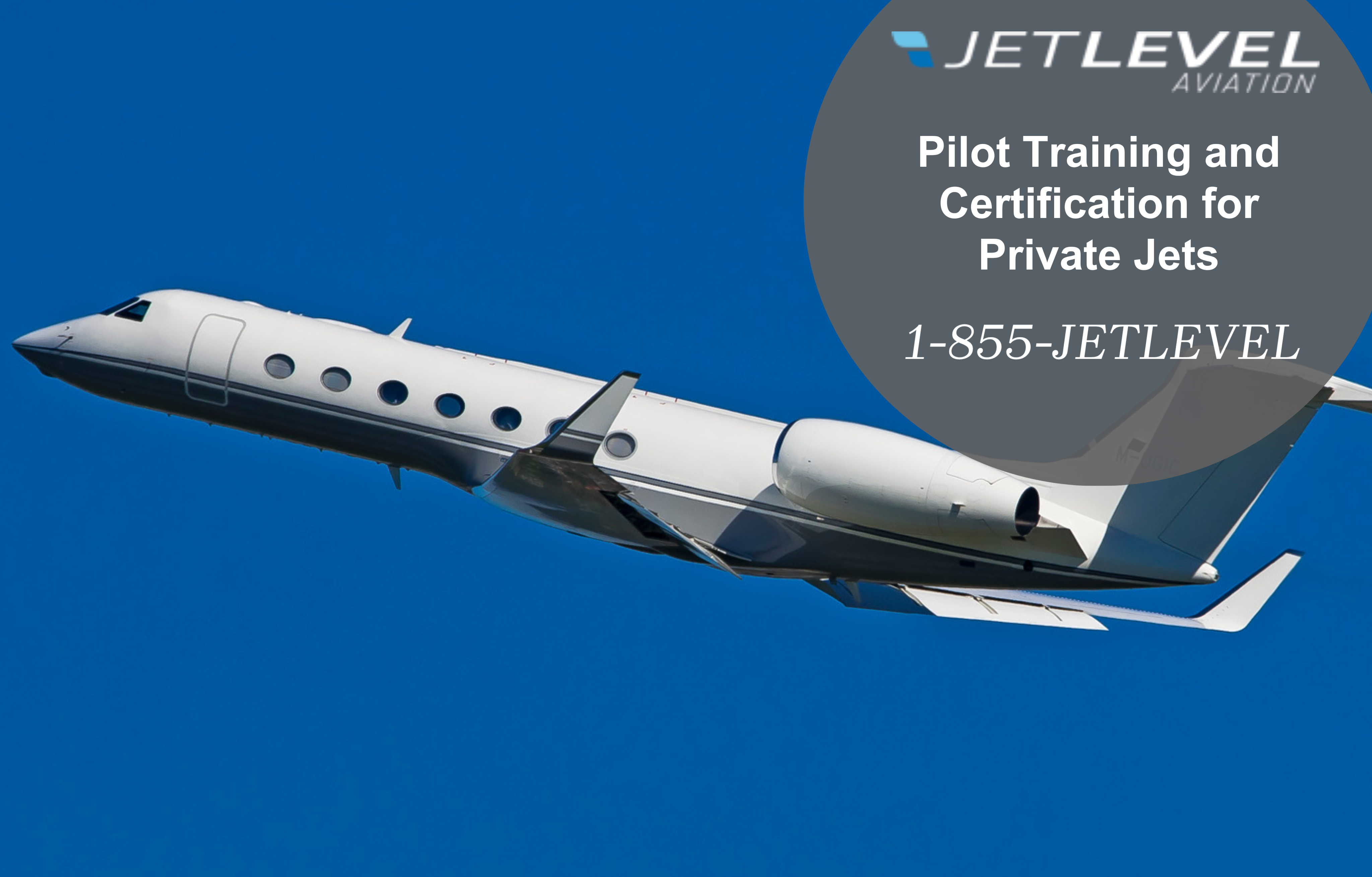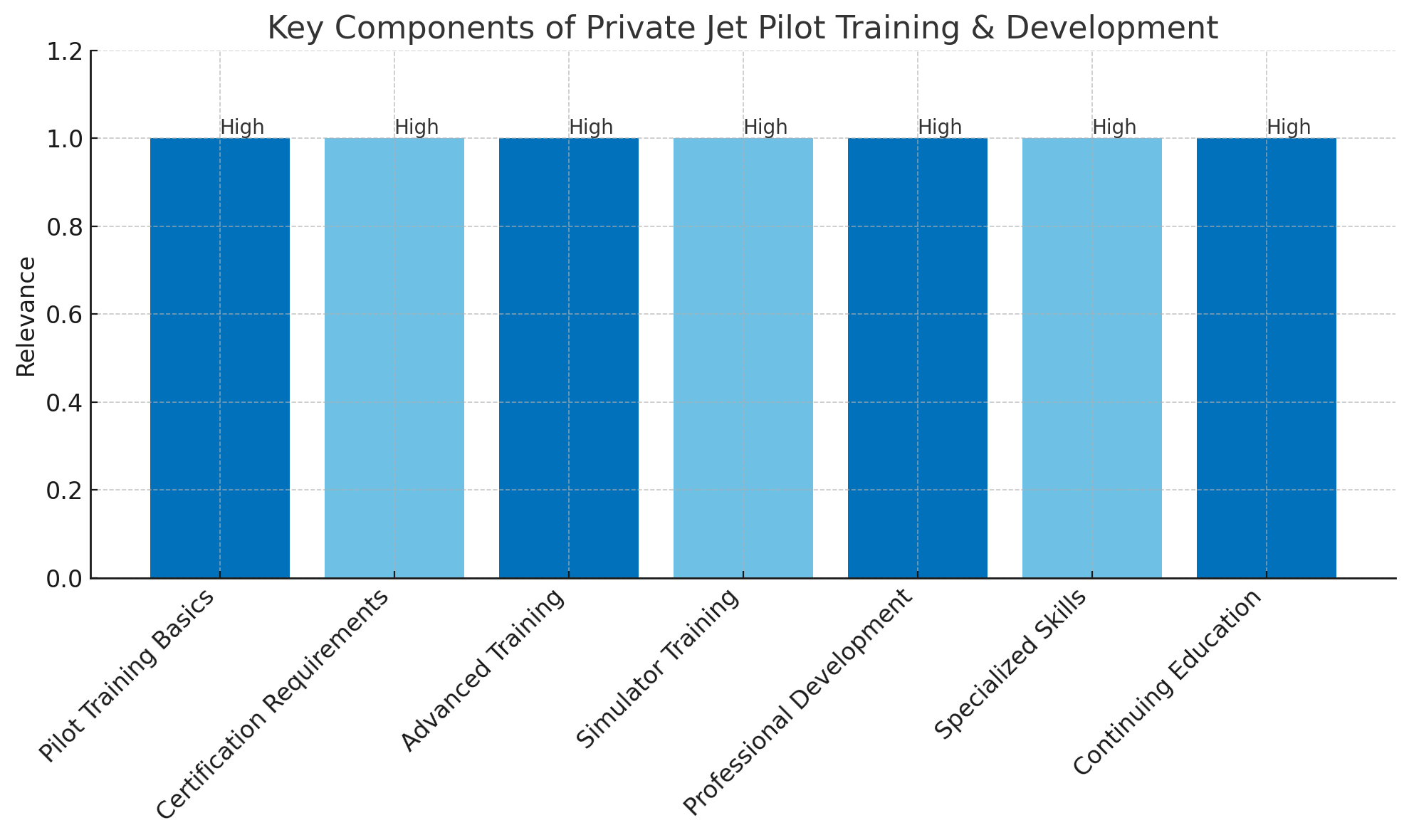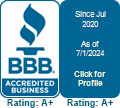Key Takeaways
- Insight into the essential basics of pilot training.
- Understanding the specific certification requirements for private jet pilots.
- Exploring advanced training programs and the role of simulators.
- The importance of ongoing professional development and specialized skills in aviation.
Basics of Pilot Training
Becoming a pilot for private jets is an aspirational goal for many, combining the allure of the skies with the prestige of exclusive aircraft. The journey begins with a solid foundation in pilot training. This stage encompasses a comprehensive understanding of aerodynamics, navigation, meteorology, and aircraft operations. Aspiring pilots acquire hands-on experience through flight training schools, learning to maneuver aircraft under various conditions. Drawing from our years of experience in the private aviation sector, we observed firsthand the evolution of pilot training. The transition from basic maneuvers to mastering complex aircraft systems is a journey we have closely followed through our partnerships with elite training schools. This experience has enabled us to identify the most effective training pathways, ensuring our pilots are not just qualified but seasoned practitioners who can expertly navigate the dynamic realm of private aviation. This initial phase is crucial in setting the stage for more advanced certifications and specializations.Certification Requirements for Private Jets
Transitioning from general pilot training to flying private jets requires specific certifications. To operate these sophisticated aircraft, pilots must obtain a Private Pilot License (PPL), followed by an Instrument Rating (IR), which allows them to fly under Instrument Flight Rules (IFR). For those aiming to turn their passion into a career, a Commercial Pilot License (CPL) is essential. Furthermore, pilots must undergo rigorous medical examinations to ensure they meet the health standards necessary for safe flying. Discover more about the cost implications of chartering a private jet.Advanced Flight Training Programs
After acquiring the basic licenses, pilots aspiring to fly private jets embark on advanced flight training programs. These programs are designed to refine their skills, focusing on the complexities of flying high-performance aircraft. Spearheading these advanced training programs are industry-leading experts, many of whom we have had the privilege of working alongside. Their expertise, derived from years of flying and instructing, ensures that pilots are not just trained but are adept at handling the sophisticated systems of private jets. This aligns with JetLevel Aviation’s commitment to excellence, as we only collaborate with top-tier training institutions that mirror our high standards for safety and performance. Advanced training covers areas like multi-engine operations, emergency procedures, and high-altitude flight dynamics. Completing these programs equips pilots with the competence required to handle the unique challenges of private jet aviation.Simulator Training and Real-World Scenarios
Simulator training plays a pivotal role in a pilot’s development. It provides a risk-free environment to practice and master various flight scenarios, including emergency situations and extreme weather conditions. These simulations are incredibly realistic, offering a near-authentic flying experience. By practicing in simulators, pilots can enhance their decision-making skills, situational awareness, and adaptability, crucial for real-world flying. Get a quote for your next private jet experience.Ongoing Professional Development
The world of aviation is constantly evolving, making ongoing professional development indispensable for private jet pilots. This continuous learning process involves staying updated with the latest aviation technologies, regulations, and best practices. Professional development can take many forms, from attending workshops and seminars to participating in recurrent training programs. This not only ensures compliance with regulatory requirements but also enhances a pilot’s skill set and knowledge base, contributing to a safer and more efficient flying experience. It’s akin to understanding the nuances of charter flights cost calculation, essential for both pilots and clients.Specialized Skills for Private Jet Pilots
Pilots of private jets need to possess a set of specialized skills that go beyond the basics of flying. These include exceptional communication and interpersonal skills, as they often interact closely with clients and crew. Time management and flexibility are also crucial, given the dynamic nature of private jet schedules. Additionally, private jet pilots must be adept at handling sophisticated onboard systems and technologies, making technical proficiency a key requirement. These specialized skills ensure a seamless, comfortable, and safe experience for passengers.Importance of Continuing Education in Aviation
In the fast-paced aviation industry, the importance of continuing education cannot be overstated. For private jet pilots, it’s not just about maintaining their licenses but also about enhancing their abilities and staying ahead of industry trends. Continuous education ensures pilots are well-equipped to handle the ever-changing demands of the field, from new aviation technologies to changing weather patterns and regulatory landscapes. It’s a commitment to excellence that parallels the commitment to providing top-notch services, much like the exclusive empty leg flights offered by JetLevel Aviation.In conclusion, the journey to becoming and remaining a proficient private jet pilot is comprehensive and multi-faceted. It encompasses initial training, certification, advanced programs, simulator experiences, and an ongoing commitment to professional development and specialized skill acquisition. This path not only ensures adherence to safety and regulatory standards but also enhances the overall quality of the private aviation experience.
